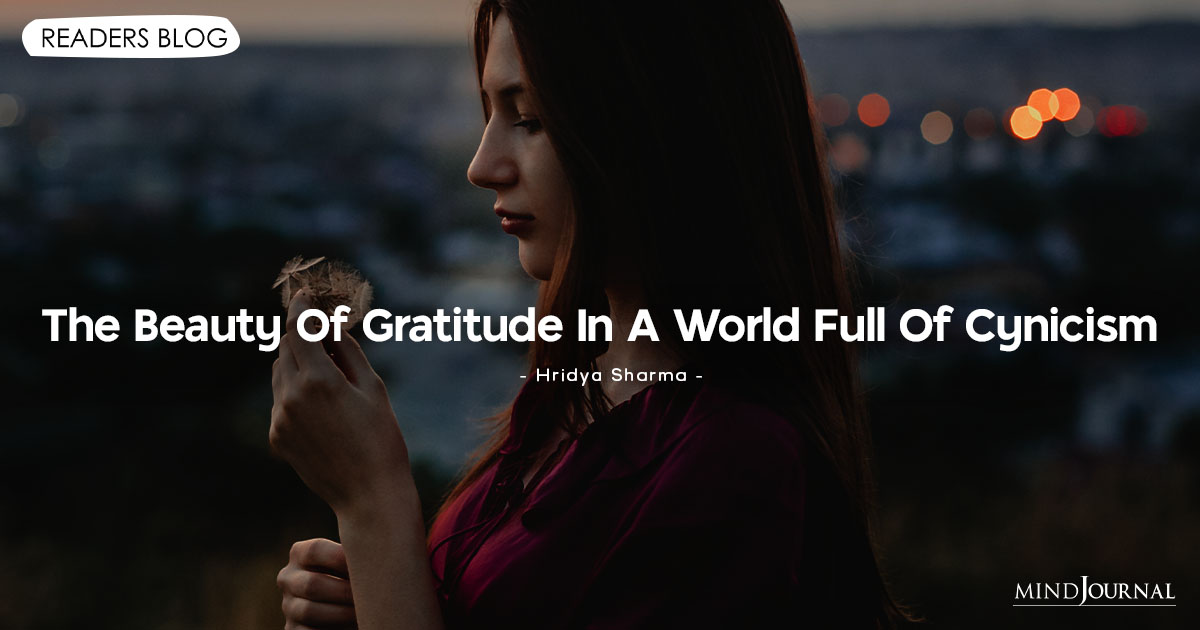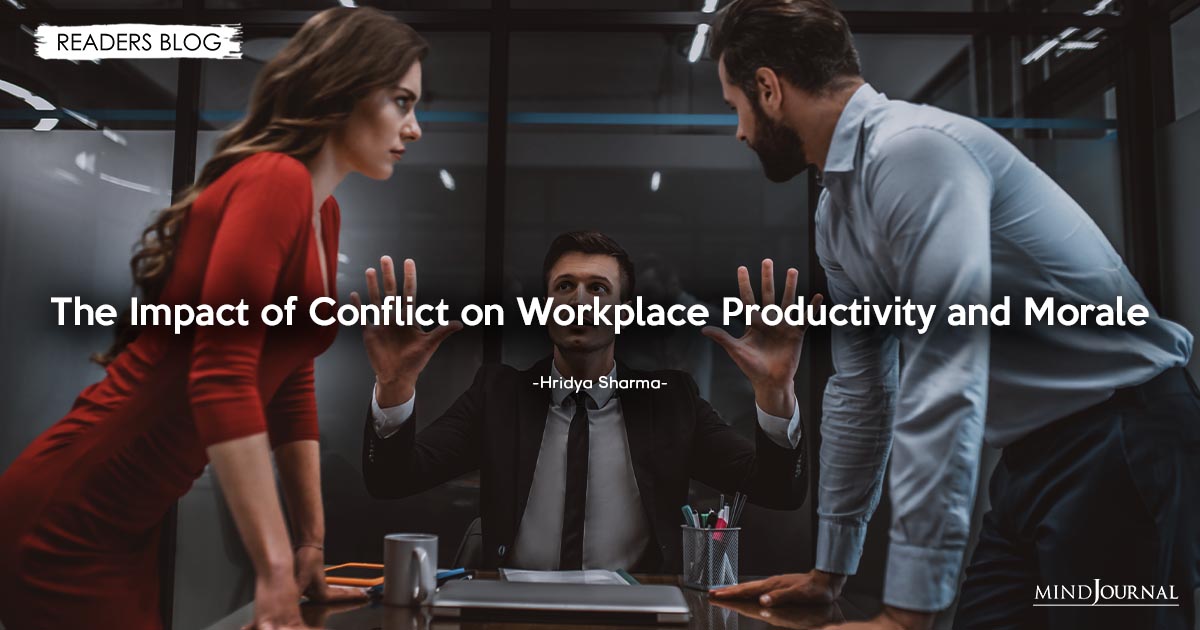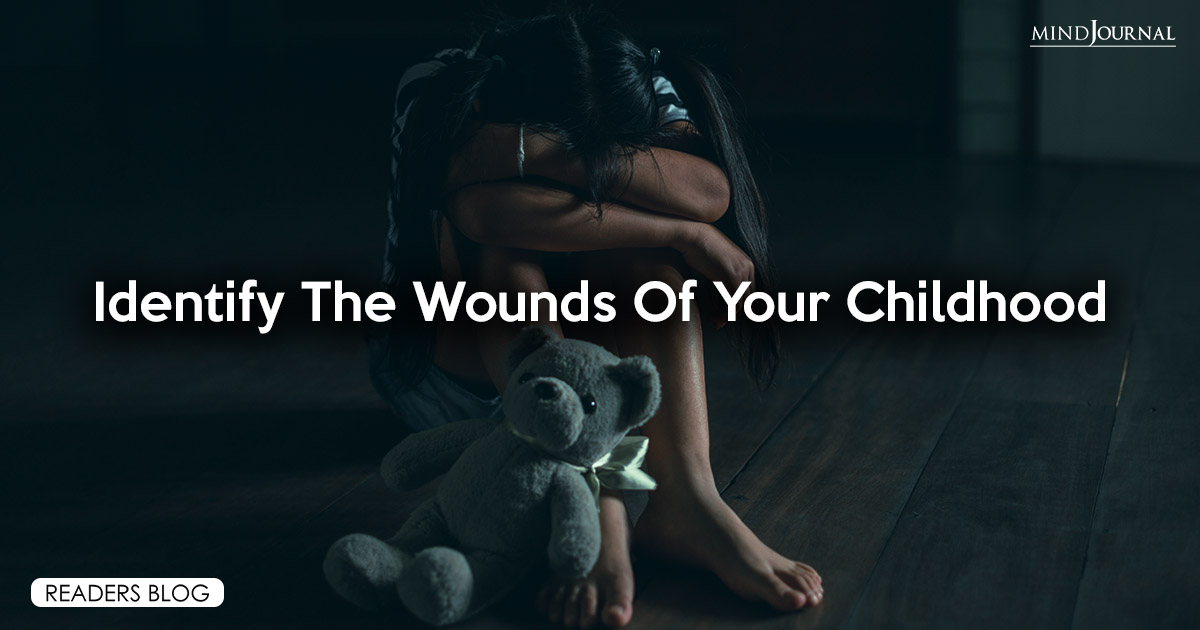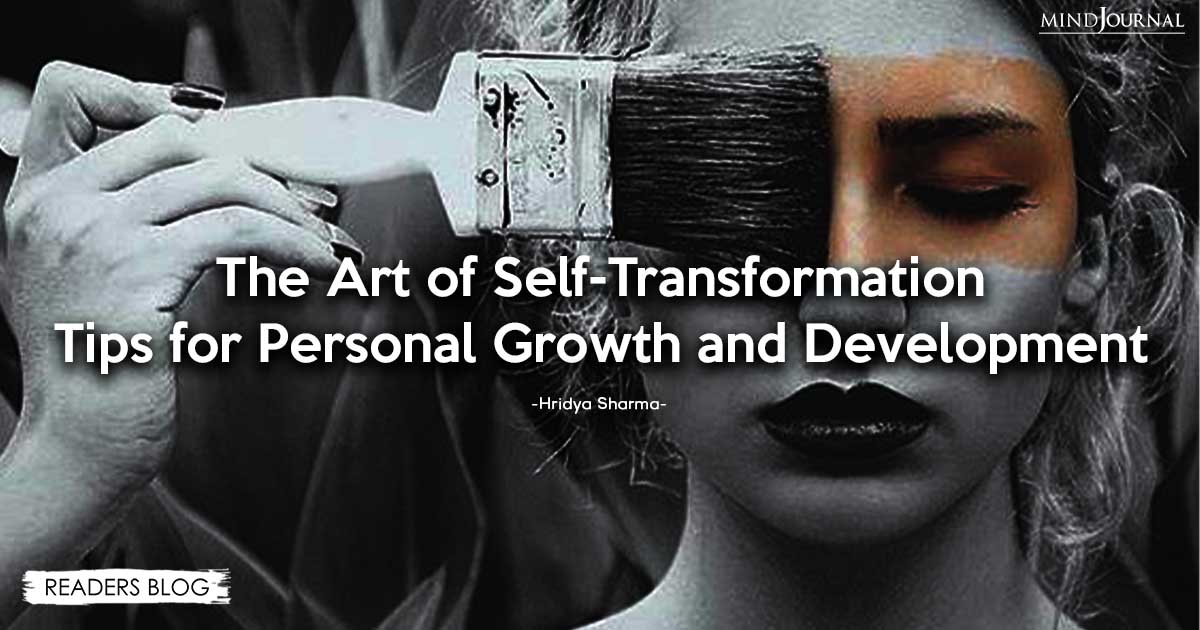Most of us have seen the show about hoarding, or some version of it. It is all at once mind-blowing and appalling. We feel compassion for people who have a diagnosed hoarding issue. In many cases, it’s a psychological response to loss or trauma. Used as a coping tool, people become so attached to their possessions that they can’t part with anything – even garbage and useless junk – and it affects their day-to-day functioning. Many of us can relate to what it feels like to live with a bit of clutter in our physical space, but what about the clutter in our emotional space? What are the intangible things we hoard and how do they bury us alive?
We very often keep our truest feelings about the world and the people around us close to the vest without release. We do this to avoid the consequences of interpersonal conflict. When we give up our emotions (when we show our cards) it makes us vulnerable to backlash and prosecution. We hide our emotions because they may embarrassingly reveal a little something about who we really are. But people should never be judged for the way they feel. All feelings are valid because they come from somewhere. When we purge negative, intangible things from our system, we open ourselves to the positive sense of well-being we crave.
What are 8 specific “feelings” can we can release in order to clear space for authentic happiness?
Resentment (indignation) It’s often difficult to express what it is that makes us mad and why. We wish to avoid conflict so we keep our mouths shut. We remain silent about our hurts, or our feelings of inadequacy and we don’t explore where they might come from. Instead, we harbor resentment, a negativity that chips away at personal happiness. We can release resentment by standing up for ourselves and expressing our feelings.
Jealousy (coveting) Jealousy rears its ugly head when we aren’t busy enough doing our own thing. For some of us, jealousy is occasional, but for others, it can be all-consuming. There are times we can’t help but want what other people have – material things, relationships, intellect, beauty, fitness, money, and success. But, in putting our energy into our jealousies, we then avoid developing our own unique skills and talents. In working on ourselves, we tend to rise above jealousy of others because our lives become our focus instead of theirs, and our self-worth and confidence improves. What other people do and have is less important in our daily thoughts and sense of well-being. We can remove jealousy by honing our own gifts.
Animosity (ill will) It’s difficult to like people when their beliefs, their “way,” and their lifestyle just doesn’t jive with our own. Maybe it’s our political views, or our religion. It could simply be just our opinions, or the fact that our personalities don’t mesh. For whatever reason we don’t get along, ill will creates drama and fosters hatred that runs from mild to extreme. Animosity is often the spark for life-consuming, angry fires that are difficult to control or even put out. And nothing suffocates our life quicker than a fire. We can counter animosity with indifference.
Blame (lack of accountability) We often secretly hoard a great deal of blame when our lives aren’t going our way. When things go wrong, it’s always someone else’s fault. We do this to avoid being held accountable. I didn’t get the job, but it was their fault – they were running late and it threw me off my game. We seem to have a need to find a some sort of valid reason for our disappointments, and we usually look to blame someone or some other event to make unfavorable outcomes beyond our control. That way we don’t have to face the fact that we may have to make changes. When we hoard blame, we can not and do not change. We can let go of blame by looking within and owning the role we play in our own successes and failures.
Sadness (grief) There are a variety of ways that we bury our lives with our own sadness. Some of us wear our sadness on our bodies. We ply our despair with too much food. Some of us turn to drugs or alcohol. We often hold on to sadness because it is what essentially defines us. People may come to know me as the sad woman who lost her father, for example. Obviously there are sad things that happen in life, things we may never get over. But when we hoard our sadness instead of getting the help we need to manage or cope, it will seep out and color everything else in our lives. The weight of sadness can pin us down. We can purge some of our sadness by seeking professional help to get the positive coping tools we need.
Worries (anxiety) We all have our worries – those things that keep us up at night. Things that are very difficult to not think about. Teenagers out late, the possibility of losing a job, or the stress of trying to make ends meet, to name but a few. These are all legitimate worries, but they will take over our lives if we let them. Worrying has never changed an outcome. If we spend all our time worrying about things beyond our control, we waste a lot of time and energy. Erma Bombeck said, “worrying gives you something to do, but it does nothing for you.” And she’s right. We can expel anxiety by controlling the things we can, and letting go of the things we can not.
Shame (ignominy) We tend to bury our secrets and our shames. Hidden deep are all sorts of things we wish we could go back in time and change. Things we wish never happened, things we ourselves did. Shame serves no purpose other than to keep us from feeling the dignity and respect we deserve…from ourselves. Everyone in the history of everyone has made mistakes they wish they could undo. The key to moving away from shame over past transgressions is forgiveness. Forgiving ourselves is the first step out of the hole in which we are stuck. We can release shame by forgiving our self, seeking forgiveness from others, and moving on.
Regrets If we could make 2 lists – one for all the things we did and the decisions we made that we are happy about, and one for all of our regrets, which do you think would be longer? You would be surprised to know that for most of us, the longer list is the one filled with regrets. To live without regrets (for the most part) one must be present in every sense. Second guessing every decision or action isn’t a good thing. Hesitation and lack of spontaneity can bury a person alive inside an unchanging, mundane existence.
In order to feel alive, one must pursue life, not kick back and wait. When we don’t want to do something, we need to ask ourselves why. And then we should ask ourselves if we might regret it. Understanding and acting on those answers are the key to clawing our way to the surface of a fulfilling life. We can minimize regrets with present action.
Let it go
Hoarding isn’t just about piles of excess material things – the things cluttering our physical space that we have trouble parting with. Hoarding can also be about the emotions we store and bury deep inside ourselves. It can be the intangible stuff that keeps us from living phenomenal lives. We live as hoarders if we continue to let our heavy emotions pile up without release. When we “clean house” by purging the negativity we tote around everywhere, we make space for a better, brighter, positive sense of well-being.
The good news is that the negative stuff we give up doesn’t have to park itself in someone else’s garage. Negative stuff can float off into the sunset without returning if we are paying close enough attention to keeping it out of our system.
Expelling negativity leads us directly to the happy lives we want to live. Without the excess emotional baggage, we learn to hoard a positive zest for life instead. We then live each day “presently” in our own authentic truth, with both clarity, and a sense of divine purpose.








Leave a Reply
You must be logged in to post a comment.